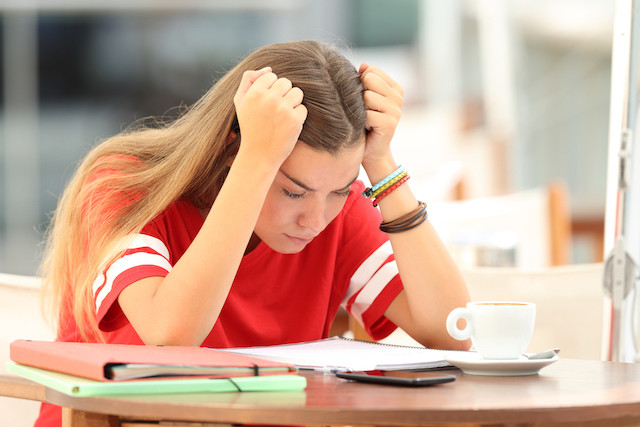The OECD triennial survey of 15-year-olds around the world reported Luxembourg students scored 477 points for science in 2018, compared to the OECD average of 487.
They scored 470 points in reading, compared to the OECD average of 487, making them below average for all European countries.
Mean performance in reading and science was lower in 2018 than the last two assessments in 2012 and 2015. The report found that performance declined 11 points in reading and 6 in science, from 2015 to 2018.
Luxembourg students, meanwhile, scored 483 in mathematics, below the OECD average of 489. The performance was close to its 2015 level but lower 10 points lower than in 2003, the report found.
The Luxembourg report was based on the results of 5,478 students, or 87% of the total population of 15-year-olds, and released on 3 December.
In early 2018, the education minister announced Luxembourg would participate in the survey every six years (starting in 2018) instead of every three years because it does not take into account the specificity of the country’s education system and its demography.
“Luxembourg’s position is hard to interpret because it is one of the rare countries to have tested its pupils in a language that is not their mother tongue, the only country to have more than 50% of 15-year-olds with a migratory background and the only country to introduce pupils to three languages at the start of their school careers,” education minister Claude Meisch wrote in response to a parliamentary question at the time.
Lack of teaching staff
In addition to low performance, the latest report found that the link between socio-economic status and performance was stronger in Luxembourg than in any other country participating in the programme.
School principals in over half of advantaged schools and 84% of disadvantaged schools reported a lack of teaching staff.
Parent engagement also appeared to be low in Luxembourg. The report found just under half of parents discussed their child’s progress with a teacher, compared to the OECD average of 57%. Furthermore, fewer than one in six participated in the local school government. Parents cited the times of meetings and work commitments among the obstacles for participating.
The full report can be viewed below.
